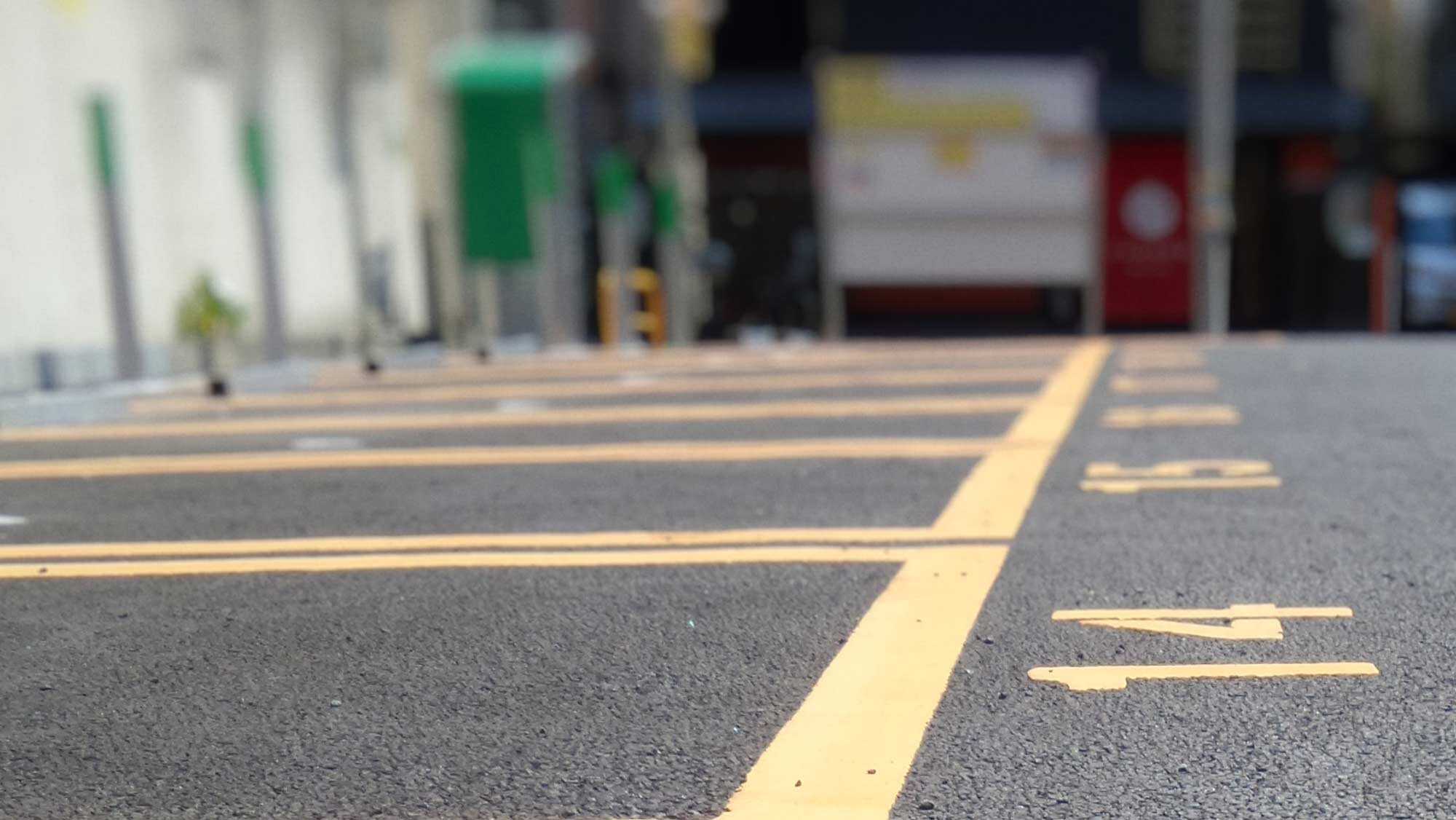Denver County
Find Your Zone
Type in your address at the top of the map and click “search”
Your Zone District should appear in the information box
Find your zoning district in the Colorado Safe Parking Initiative’s “Zoning Code Regulations-County” spreadsheet or in the Denver Zoning Code.
If your zone district doesn’t allow for accessory uses for parking lots or cars, contact the Zoning Adjustments, Variances, and Appeals Division to discuss your options.
Commercial and Multifamily Division
Phone: 720.865.3000
Email: zoning.review@denvergov.org
Single-family homes and duplexes
Phone: 720.865.2710
Submit a comment to the planning board
General Zoning Regulations
Conflicting Provisions
1.1.3.3 (A) Wherever higher or more restrictive standards are established by the provisions of any other applicable statute or ordinance than are established by the provisions of this Code, the provisions of such other statute or ordinance shall govern.
1.1.3.3 (B) Nothing herein contained shall be construed to render inoperative any restrictions established by covenants running with the land unless such restrictions are prohibited by or are contrary to the provisions of this Code. Nothing in any restrictions established by covenants running with the land shall render inoperative any provisions established in this Code.
Accessory Dwelling Units
11.12.7.1 Definition: A second dwelling unit located on the same zone lot as a primary single unit dwelling use. An accessory dwelling unit is a type of accessory use. An accessory unit may be either “attached” or “detached”
13.3-7 Definition of Dwelling: Any building or portion of building that is used as the residence of one or more households, but not including hotels and other lodging accommodation uses, hospitals, tents, or similar uses or structures providing transient or temporary accommodation with the exception of an accessory Short-term Rental.
11.8.2.1 (B) (1) Mobile homes, recreational vehicles, and travel trailers shall not be used as Accessory Dwelling Units.
Accessory Use
13.3-38 – Definition: A subordinate use, clearly incidental and related to the primary use of land, and, unless otherwise permitted by this Code, located on the same zone lot as that of the primary use.
11.7.1.1 – General Allowance for Accessory Use
A. Accessory uses shall be clearly incidental, subordinate, customary to, and commonly associated with operation of a primary use. Accessory uses may be incidental to a primary use permitted without limitations, or to a permitted primary use with limitations.o B. See Use and Parking Tables in specific zoning districts for more information
11.7.1.1 – Prohibited Accessory Uses in Residential Zone District
B. The accessory parking/storage of vehicles, trailers, commercial vehicles, and RVs are governed by Division 10.9, Parking, Keeping and Storage of Vehicles
11.10.1.1 – Unlisted Accessory Uses, All Zone District
A. The Zoning Administrator shall determine and impose limitations on accessory uses not otherwise listed as permitted in an applicable Use and Parking Table in Articles 3 through 9, or not otherwise covered by the standards in this Article 11.
11.3.3.1 Community Center
B. Overnight accommodations are prohibited.
10.4.7.3 Allows for flexibility in use of accessory parking areas when parking spaces are not fully utilized by the primary uses of the lot.
Shelter for the Homeless
11.2.11.1(B): Table
11.2.11.3 Shelters for the Homeless Operated by a Religious Assembly Use
Such shelter may be operated for up to 120 days in either consecutive or nonconsecutive order per calendar year with any number of residents, or it may be operated throughout the entire year with one of the following: a maximum of 8 residents or any number of persons bearing to each other a relationship as stated in the definition of “household” in Division 11.12, Use Definitions.
12.4.2.5 Review Criteria
D. Additional Review Criteria for Homeless Shelters: In addition to the review criteria above, the Zoning Administrator shall approve a zoning permit for a homeless shelter only if the Zoning Administrator finds the proposed shelter will not substantially or permanently injure the appropriate use of conforming residential properties located within 500 feet of the proposed use. Evidence of such injury shall clearly establish the anticipated specific problems attributed to residents of the proposed shelter for the homeless while in or around the shelter as distinct from the general problems attributed to persons using or passing through the subject area.
11.12.2.2 (A) (7): Definition
Shelter for the Homeless -- A facility that has as its primary function the provision for overnight sleeping accommodations for homeless people. Tenancy may be shorter than a monthly basis in a shelter for the homeless. A shelter for the homeless shall be considered a Large Residential Care use.

Watch Our Recent Webinar:
The Promise of Safe Parking
An online forum investigating the why and how of developing safe places to park for people experiencing homelessness and living in their vehicles in Metro Denver.


